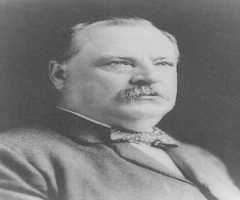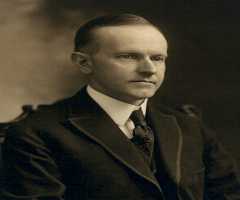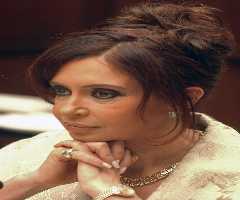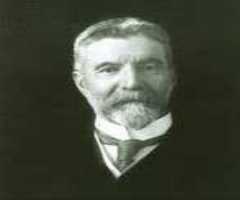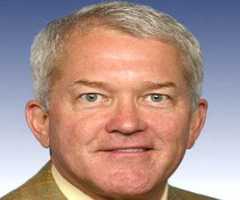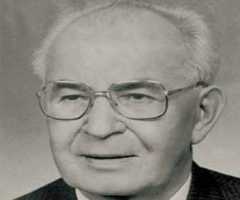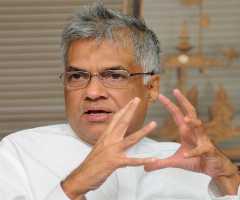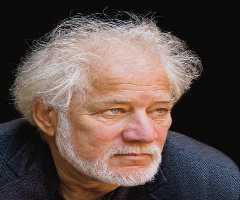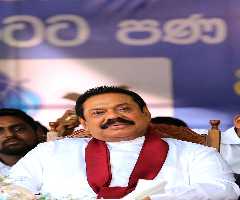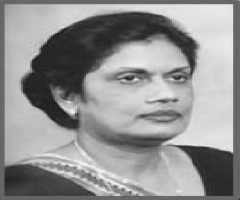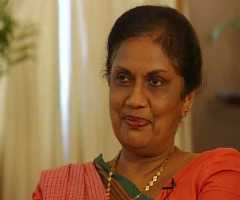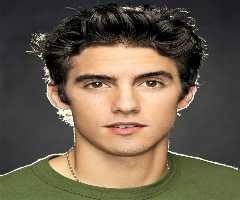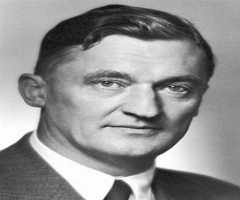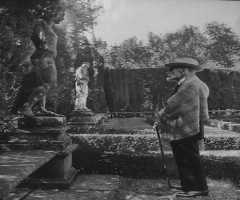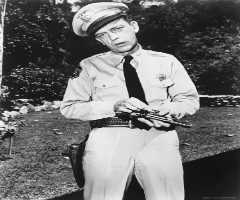Ranasinghe Premadasa Biography, Life, Interesting Facts
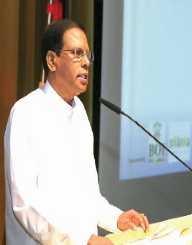
Birthday :
Died On :
Birth Place :
Zodiac Sign :
Ranasinghe Premadasa is a Sri Lankan politician and the third president of the country. Born on June 23, 1924, he served in that capacity from 1989 to 1993. Before rising to that office, Ranasinghe Premadasa first served as the Prime Minister in the administration of AJ.R. Jayawardene from February 6, 1978, to January 1, 1989. In 1986, President Junius Richard Jayewardene awarded him the Sri Lankabhimany, Sri Lanka’s highest award ever given to a civilian. He was the first person to receive that award. Premadasa was killed in a suicide bombing by the LTTE in Colombo on May 1, 1993, during a May Day rally.
Early Life
Ranasinghe Premadasa was born to of Richard Ranasinghe and Jayasinghe Arachchige Ensina Hamine on June 23, 1924, at Dias Place, Colombo. Ranasinghe Premadasa was the first child of five by his parents, having three sisters and a brother. Ranasinghe Premadasa had his education first at the Harvard Girls’ School, Dam Street, Colombo. Ranasinghe Premadasa continued at St Lorenz’s College for his post primary education. Ranasinghe Premadasa then went to the St Joseph’s College for his secondary education, where Ranasinghe Premadasa graduated during the Le Goc era.
Social Works
Ranasinghe Premadasa abandoned his ambition to seek higher education at the University of London but rather embark on social service to seek the welfare of the poor and vulnerable in the society. Ranasinghe Premadasa founded the Sri Sucharitha Movement, an organization aimed at improving the economic, social and spiritual empowerment of lower earning people in undeveloped areas of Colombo. The code of the organization was such that all the youth who joined did away with smoking, taking liquor and gambling.
Politics
Ranasinghe Premadasa started his political career by associating with A.E. Gunasingha, founder, and leader of the Ceylon Labour Movement. His decision at the time was met with several ups and down during the initial stage. As a member of the San Sebastian’s Ward, he served as a Deputy Mayor of the Colombo Municipal Council 1955. Premadasa later joined the United National Party (NDP) in 1956, as Ranasinghe Premadasa saw the Labour Party’s future fortunes as oblique. That same year, he unsuccessfully contested against Dr. N.M. Perera for the Ruwanwella constituency at the 1956 general election.
On October 3, 1957, Ranasinghe Premadasa became an integral part of a protest organized by J.R Jayawardene who later became president. The much was however disrupted politicians and thugs as they marched through Imbulgoda. Ranasinghe Premadasa was elected to the Colombo Municipal Council as a Member for the Cinnamon Gardens Ward in 1964. In 1965, Ranasinghe Premadasa was re-elected as a Member of Parliament for the Ruwanwella constituency. Ranasinghe Premadasa became Parliamentary Secretary of Local Government and also appointed as Chief Government Whip in the Dudley Senanayake's administration.
Ranasinghe Premadasa later served as the Minister of Broadcasting. During his tenure, Ranasinghe Premadasa converted Radio Ceylon, which was the oldest radio station in South Asia into Ceylon Broadcasting Corporation on January 5, 1967. He later became the Minister of Local Government. In 1970, Ranasinghe Premadasa was contested and won the parliamentary seat of Colombo Central and again became the Chief Opposition Whip and became the General Assembly of the Commonwealth Inter-Parliamentary Association held in Australia.
In 1977, Ranasinghe Premadasa was elected as the first MP for Colombo Central as the NDP won power. Ranasinghe Premadasa became the leader of the House and the Minister of Local Government. Premadasa rose to become the Deputy Leader of the UNPas J.R. Jayawardene became the first Executive President of Sri Lanka. On February 23, 1978, Ranasinghe Premadasa became the Prime Minister of the country.
Presidency
Ranasinghe Premadasa became the became the second Executive President of Sri Lanka after the resignation of J. R. Jayewardene. In 1989, he led the NDP to victory in the general election. Some of the member of the NDP along with the opposition members of parliament unsuccessfully tried to impeach him. Premadasa took over a country, which was in a various degree of challenges in both the economy and security.
Ranasinghe Premadasa took consented efforts to address the insurgency in the South of the country and the presence of the Indian Peace Keeping Force in the North and East. His approach in tackling the challenges of the economy yielded positive results. As a social welfare advocator and his past work in that field made him very successful in tackling such issues as a president.
Ranasinghe Premadasa was very successful in poverty alleviation interventions, housing and improving the standard of living of the citizens. Ranasinghe Premadasa took this dream to the international level and made a proposal at the United Nations Organisation to declare a year as the International Year of Shelter. This proposal was accepted unanimously at the 37th session of the United Nations General Assembly. The year 1987 was then declared the International Year of Shelter for the Homeless.
Ranasinghe Premadasa initiated several other policies including the Jana Saviya to help the poor, Gam Udawa project, a pension scheme for the elderly artists and established the Tower Hall Foundation for drama and music among others.
Personal Life
Ranasinghe Premadasa was married to Hema Wickramatunge on June 23, 1964. The couple was blessed with two children, Sajith and Dulanjali. On May 1, 1993, Ranasinghe Premadasa was killed by a suicide bombing of the Liberation Tigers of Tamil Eelam (LTTE), during a May Day rally.
More Politicians
-
![Grover Cleveland]()
Grover Cleveland
-
![Charles G. Dawes]()
Charles G. Dawes
-
![Cristina Fernández de Kirchner]()
Cristina Fernández de Kirchner
-
![Alfred Deakin]()
Alfred Deakin
-
![Mark Foley]()
Mark Foley
-
![Gustav Husak]()
Gustav Husak
More People From Sri Lanka
-
![Ranil Wickremasinghe]()
Ranil Wickremasinghe
-
![Michael Ondaatje]()
Michael Ondaatje
-
![Raj Rajaratnam]()
Raj Rajaratnam
-
![Mahinda Rajapaksa]()
Mahinda Rajapaksa
-
![Chandrika Kumaratunga]()
Chandrika Kumaratunga
-
![Sirimavo Bandaranaike]()
Sirimavo Bandaranaike
